Edward O. Thorp: The man who cracked the system
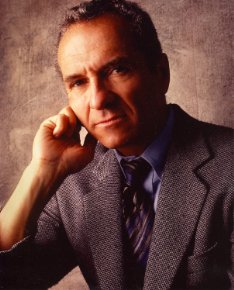 Edward O. Thorp might not be a world renowned poker player, or the luckiest man ever to sit at a roulette table, but he is famed for something else rather critical to the gambling industry. Edward O. Thorp’s claim to fame is his book, Beat the Dealer, in which he proved for the very first time that house edges could be beaten by card counting. Of course, he is renowned for many other things too, such as the “wearable computer”, applying hedge fund techniques to financial markets and more. But it was his ability to crack the system of gambling that we are most interested in.
Edward O. Thorp might not be a world renowned poker player, or the luckiest man ever to sit at a roulette table, but he is famed for something else rather critical to the gambling industry. Edward O. Thorp’s claim to fame is his book, Beat the Dealer, in which he proved for the very first time that house edges could be beaten by card counting. Of course, he is renowned for many other things too, such as the “wearable computer”, applying hedge fund techniques to financial markets and more. But it was his ability to crack the system of gambling that we are most interested in.
Edward the Professor
Despite being born in Chicago, Edward O. Thorp was actually raised in southern California, where he earned BA and MA degrees in physics, and a PhD in mathematics. Both of these would put him in fine stead to becoming the first person to crack the house edge of casinos. But before any of that, though, Edward would take up a teaching career in mathematics, just like most would have expected him to.
At MIT, Thorp met Claude Shannon, an MIT professor and researcher. Both doctors shared an interested in gambling theory, and together they built the first wearable computer for improving roulette odds. It was around about this time, that he was also working on a way to beat blackjack.
Thorp’s Blackjack Research
Thorp and Shannon had been fairly successful up to now, so Thorp decided to use the IBM 704 alongside Fortran (a computation language ideal for numerical computations), to program equations that would develop his research model for the probabilities of winning a hand of blackjack. It was using this same IBM 704 that he devised card-counting systems, which were particularly successful at the end of a card deck that is not reshuffled after a deal. To test his theory, he headed off to Reno, Lake Tahoe and of course, the capital of gambling, Las Vegas.
Manny Kimmel (a successful professional gambler, and formerly an illegal bookie) provided $10,000 so that Thorp could put his theory to the test. The local blackjack tables in Reno and Lake Tahoe were the first to feel the sting. His successful theory bagged him $11,000 on the first weekend it was tested. True, he was excluded from the casinos when they thought something fishy was going on, but the method did work. Thorp became a cult icon amongst blackjack lovers overnight, and with his popularity on the rise, he wrote a book on his theory.
Beat the Dealer
Edward O. Thorp’s book on card counting, known as Beat the Dealer: A Winning Strategy for the Game of Twenty-One, is considered by many to be the original article. Published in 1966, and selling over 700,000 copies, it gained entry into the New York Times bestseller list.
As well as catapulting Edward Thorp into stardom, the book also ensured that Las Vegas casinos changed the way that blackjack way played. Even today, casinos shuffle the decks continuously, as a means of ensuring against the end of the deck theories put forth by Edward O. Thorpe. Thorp’s theory was much more than just a book, though. It was the very first time that a computer had been used as a gambling tool. Beat the Dealer can still be bought today and is considered by many to be the first definitive book on playing blackjack.
The Thorp Count and Other Methods
Thorp didn’t just develop blackjack theories. He also devised several other methods for games such as roulette and baccarat. One such famous example is the Thorp Count. This is a method used for calculating the likelihood of winning in backgammon, from specific endgame positions. In 1967, he would also develop a system that used computers and mathematics to predict the future of the stock market.
Edward Today
Edward O. Thorp is still in demand today, despite being in his eighties. In 1998, Thorp’s revealed that his own personal investments brought in a 20% per year, over 28.5 years. He also ran a statistical arbitrage fund from 1992 until 2002, as well as appearing regularly at seminars. As recently as 2011, Dr Thorp spoke to the Journal of Investment Consulting’s Editorial Advisory Board about gambling and investment, and is continually involved in discussions and debates concerning gambling and stock market investments today.
All Famous Gambler Stories on OCB
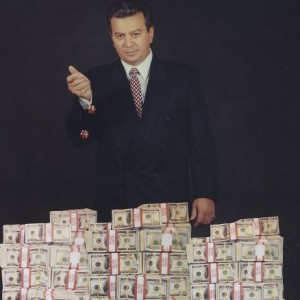 Archie Karas Archie Karas | 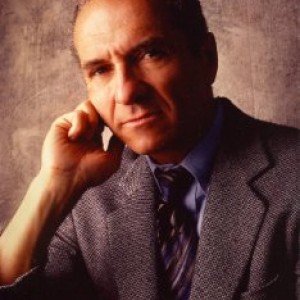 Edward O Thorp Edward O Thorp | 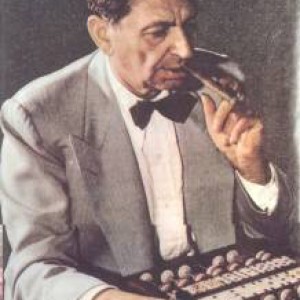 Nick The Greek Nick The Greek | |
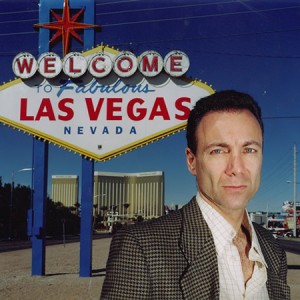 Richard Marcus Richard Marcus | 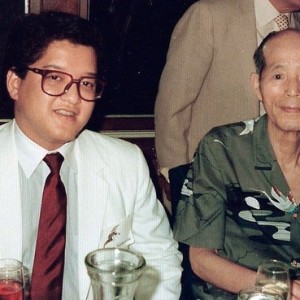 Terry Watanabe Terry Watanabe | 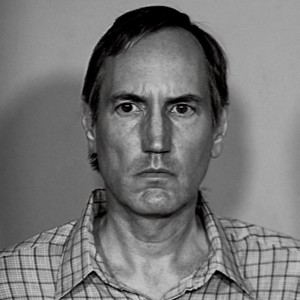 John Kane John Kane | |
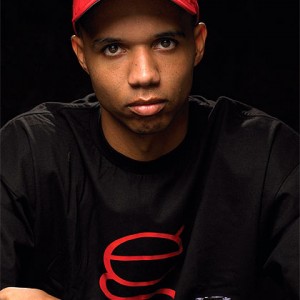 Phil Ivey Phil Ivey |  John Montagu John Montagu |  Kerry Packer Kerry Packer | |
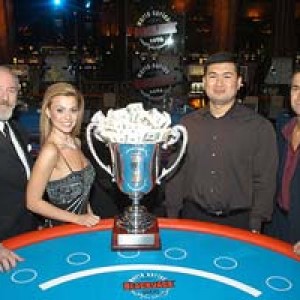 MIT BlackJack Team MIT BlackJack Team |

